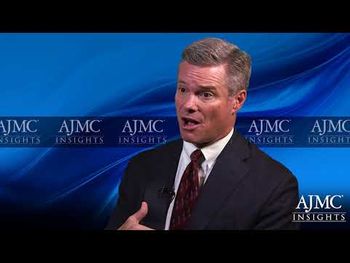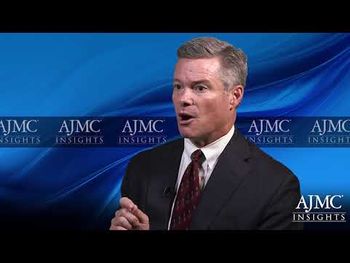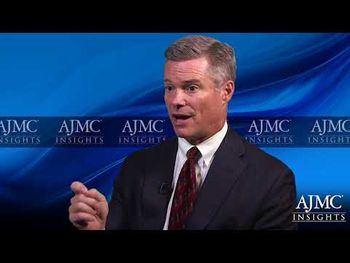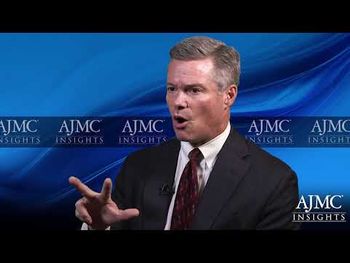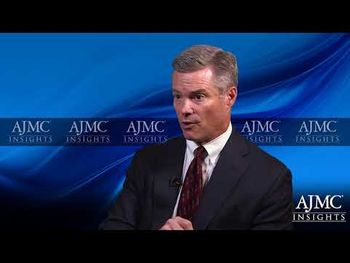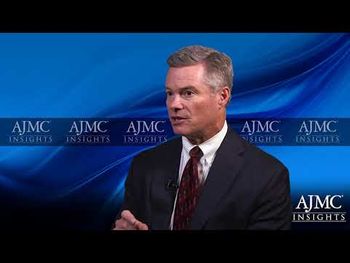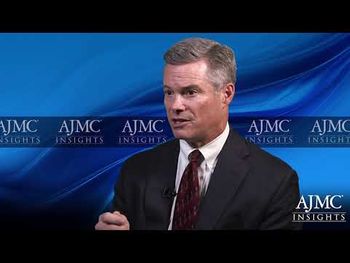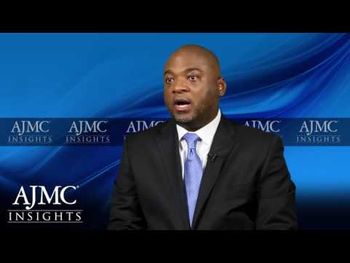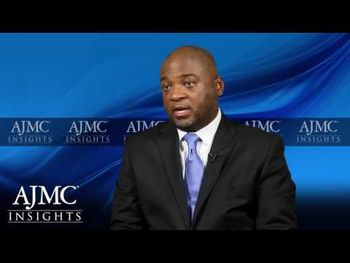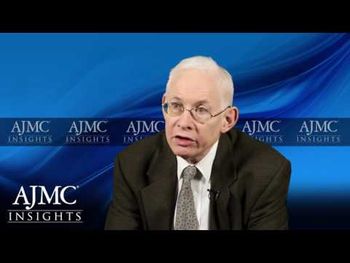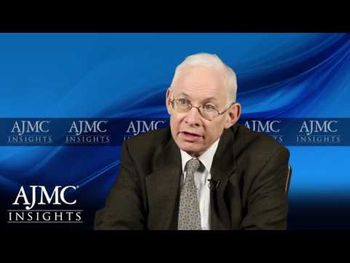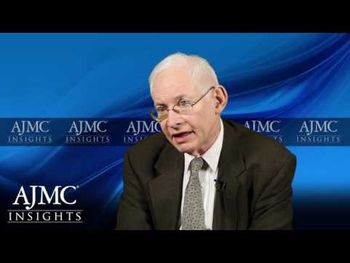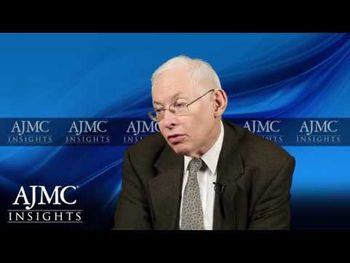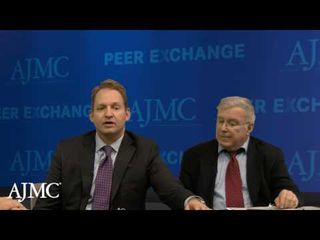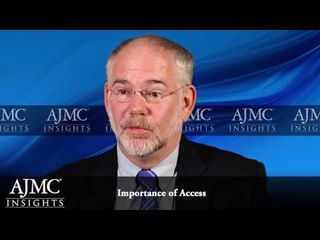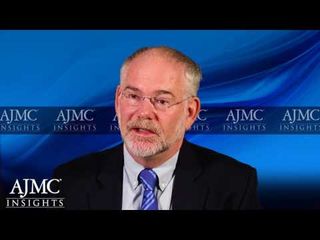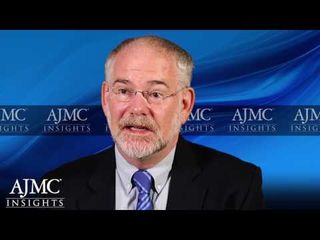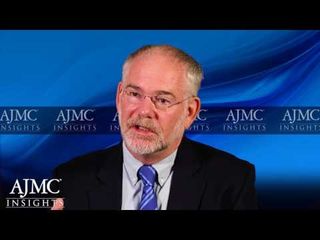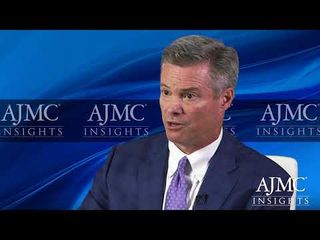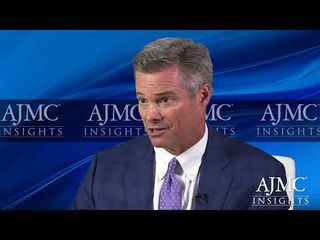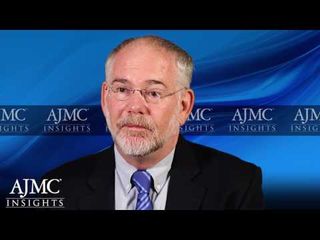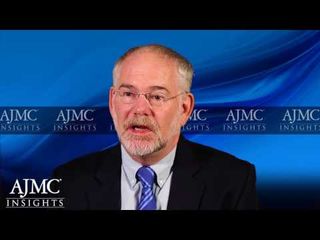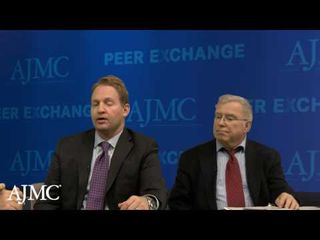
Clinical
Latest News
Latest Videos

More News

What we're reading, June 1, 2016: for the first time in a decade, the death rate in the United States has risen; UnitedHealth confirms it will leave the California insurance exchange in 2017; and just 6% of Americans do the 5 things they need to prevent disease.

The American Society of Clinical Oncology (ASCO)’s Value in Cancer Care Task Force has published an updated value framework that can help clinicians and patients assess the relative value of cancer therapies that have been compared in clinical trials.

A single-patient study at the Fred Hutchinson Cancer Research Center found that combining ipilimumab and interleukin-21 (IL-21) in metastatic melanoma eradicated the tumors and the patient remained disease-free 5 years post treatment.

A new analysis of children’s health found a disturbing national trend in prevalence of co-morbid chronic conditions among poor children with asthma, autism, and attention deficit hyperactivity disorder.

A substantial amount of US cancer diagnoses and deaths are preventable through lifestyle modification, according to a new study in JAMA Oncology, and the authors recommend that primary prevention remain a priority for cancer control.

A new study finds that exercise-a good mix of jogging, walking, and resistance training-can significantly help people who are addicted to methamphetamine.

Children with autism spectrum disorder who were born prior to the 2007 American Academy of Pediatrics recommendation that all children be screened for autism at the 18- and 24-month well-child visits were diagnosed significantly later than they are today, a new study found.

This week in managed care, the top stories included new guidelines for treating obesity, updated guidelines for heart failure, and a study shed light on a shift in payment for opioids.

Amid rising Rates of severe maternal morbidity, 2 new studies consider how to optimize maternal care.

New hepatitis C virus treatments may be extraordinarily effective, curing the disease in many cases, but the high cost has posed an enormous economic challenge that speakers outlined during a briefing in Washington, DC.

The patient will be the focus during the 2016 annual meeting of the American Society of Clinical Oncology (ASCO), Collective Wisdom: The Future of Patient-Centered Care and Research.

What we're reading, May 27, 2016: treatment for pregnant women is often based on guesswork since few drugs are ever tested on them; a new superbug in the US is resistant to even the antibiotic of last resort; and how small physician practices can adapt to new payment models.
